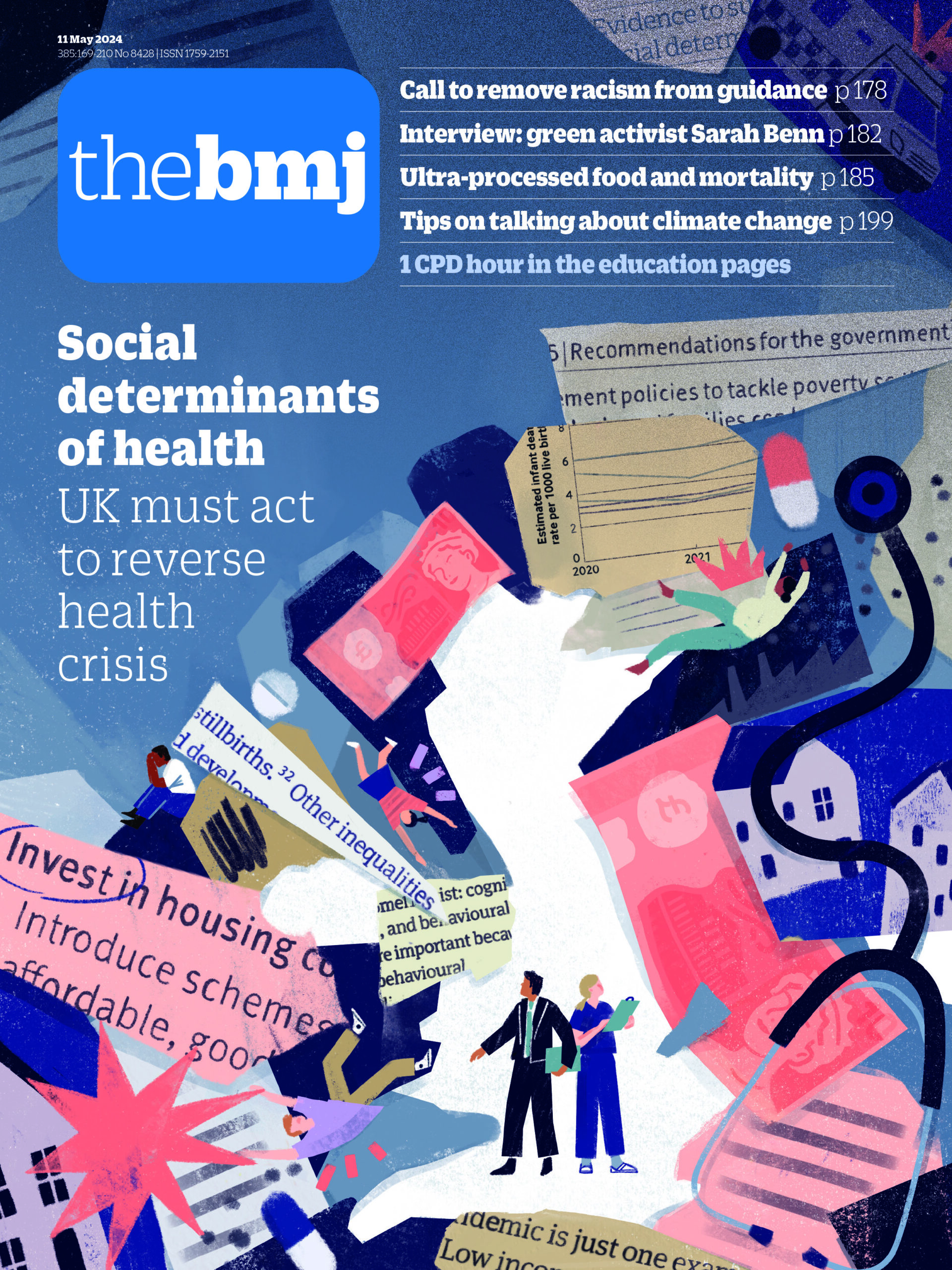The NHS Long Term Workforce Plan, published with much fanfare in June 2023,1 set out ambitious plans to expand medical staff to manage England’s growing and ageing population. It promised that medical school places would double by 2032, GP training places would increase by 50%, and apprenticeships would be introduced. There would also be a commensurate increase in places in specialty training.
Yet, less than a year in, deep frustration is mounting among doctors that the employment opportunities they assumed would be a given seem to be disappearing before their eyes, whether it is inability to find specialty training posts, medical students not yet allocated foundation jobs,2 or GPs warning that they cannot find work.3 Partha Kar, national clinical director for diabetes, believes that leaders at NHS England Workforce Training and Education have not been doing their job of workforce planning. “They need to consider their position,” he said. “It has just been disaster after disaster.”
He added that the NHS workforce plan was “half baked” because of its lack of detail on where the extra trainees it announced would go.
Widespread dissatisfaction
Doctors Association UK spokesperson Pushpo Hossain said that gaps in staff rotas were common, yet colleagues were struggling to find jobs or secure training posts, which was partly why there has been widespread concern over physician associates. “The NHS is so short staffed, and that is not reflected in the number …
